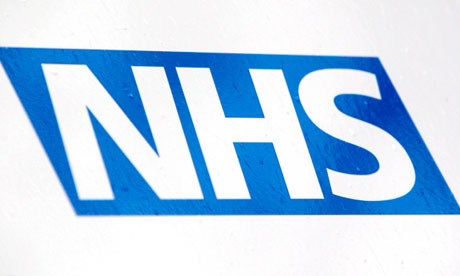http://www.opendemocracy.net/rachael-maskell/tory-marginal-mps-facing-electoral-axe-because-of-nhs-crises-in-their-patch
by Racheal Maskell
New research from Unite union predicts that the fate of 11 Tory MPs at the 2015 election could be strongly influenced by the rising tide of public concern about the state of the NHS in their areas.

A chill electoral wind is gathering strength. Public anger and revulsion at what the Tories have done to the NHS with their pro-privatisation agenda could end the tenure of David Cameron in Downing Street.
Not one Tory MP voted against the pro-privatisation Health and Social Care Bill. Now, Unite says, the chickens are coming home to roost. Several Tory MPs could lose their marginal seats because of what is happening to the NHS in or near their constituencies.
These include George Eustice, David Cameron’s ex-spin doctor, who has a wafer-thin majority of just 66 in Cambourne and Redruth.
Public health minister Anna Soubry, who was on the committee that scrutinised the bill, is also clinging onto her Nottinghamshire seat of Broxtowe by 389 votes.
New research from Unite union, titled NHS critical in Tory marginals, has highlighted 11 tight marginal seats: Amber Valley, Brighton Kempton, Broxtowe, Cambourne & Redruth, Lancaster & Fleetwood, Lincoln, Morecambe & Lunesdale, North Warwickshire, Sherwood, Thurrock, and Truro & Falmouth.
But don’t just take the word of the country’s largest union.
Tory grandee Lord Ashcroft finances in-depth polling on behalf of the Conservative party.
His latest poll interviewed 12,809 people in the 40 most marginal Tory-held seats between 1 August and 5 September. Interviews were also conducted in seats where Labour and the Liberal Democrats were the runners up in 2010.
The polling revealed that the NHS is the second most important issue for voters after “jobs and the economy.” It’s even more important in the 40 key Tory marginals that Ed Miliband must take back to win a majority.
Labour is ranked twice as likely to improve the NHS as the Tories.
The fact that at least 55,000 people marched through Manchester on the Save our NHS rally at the start of the Conservative party conference on Sunday (29 September) is firm evidence of mounting public concern about the plight of the NHS.
It should not be forgotten that there was no mention of plans for the biggest overhaul of the NHS in the 2010 Tory manifesto. Or that within three months of government the then health secretary, Andrew Lansley, had come up with legislation that is now handing over great swathes of the NHS to the likes of Richard Branson and other private healthcare operators.
The electorate has never wanted to turn over Aneurin Bevan’s 1948 creation – promising universal free healthcare at the point of delivery to all those in need – to the aggressive and predatory instincts of the market.
continues



